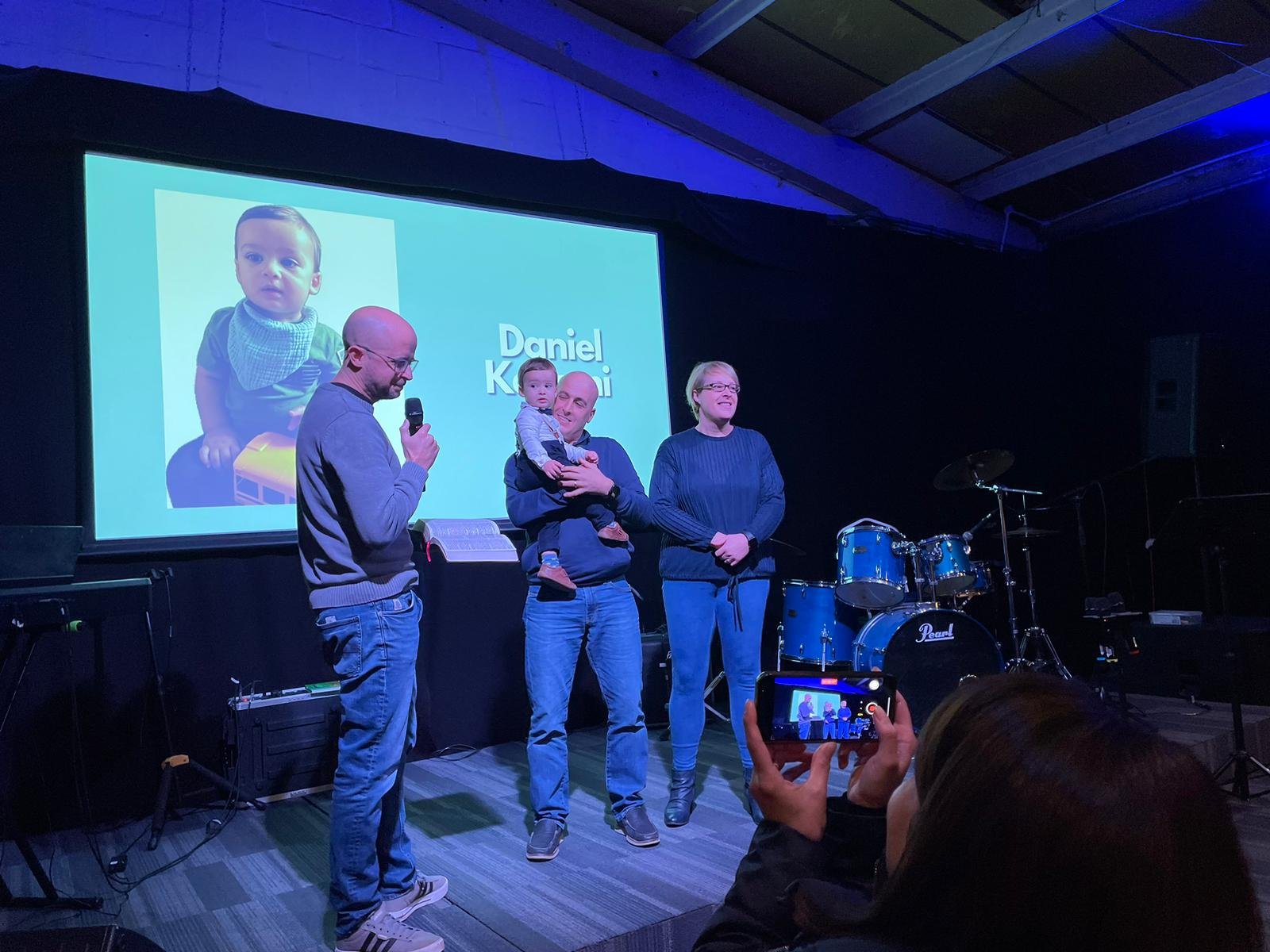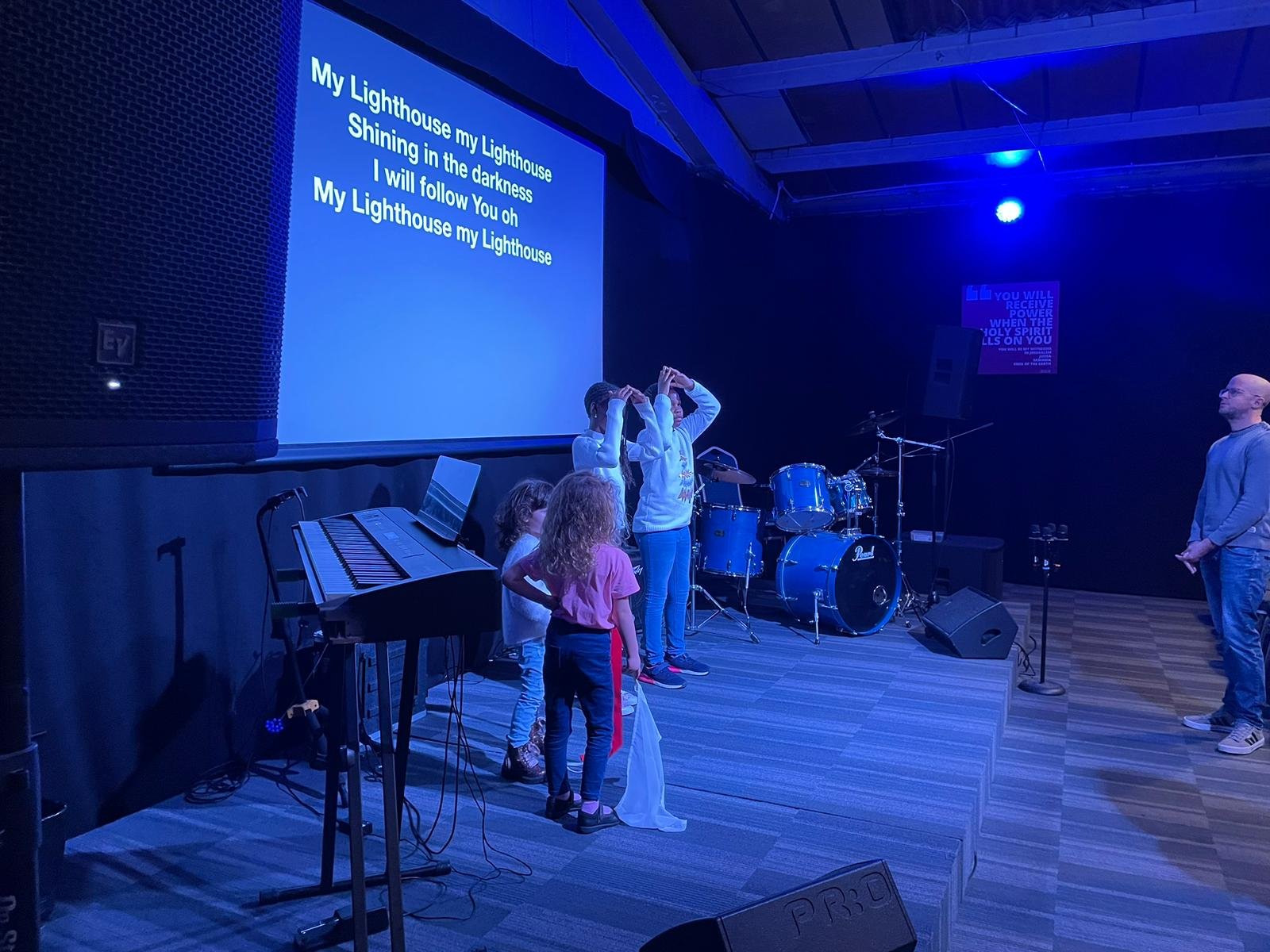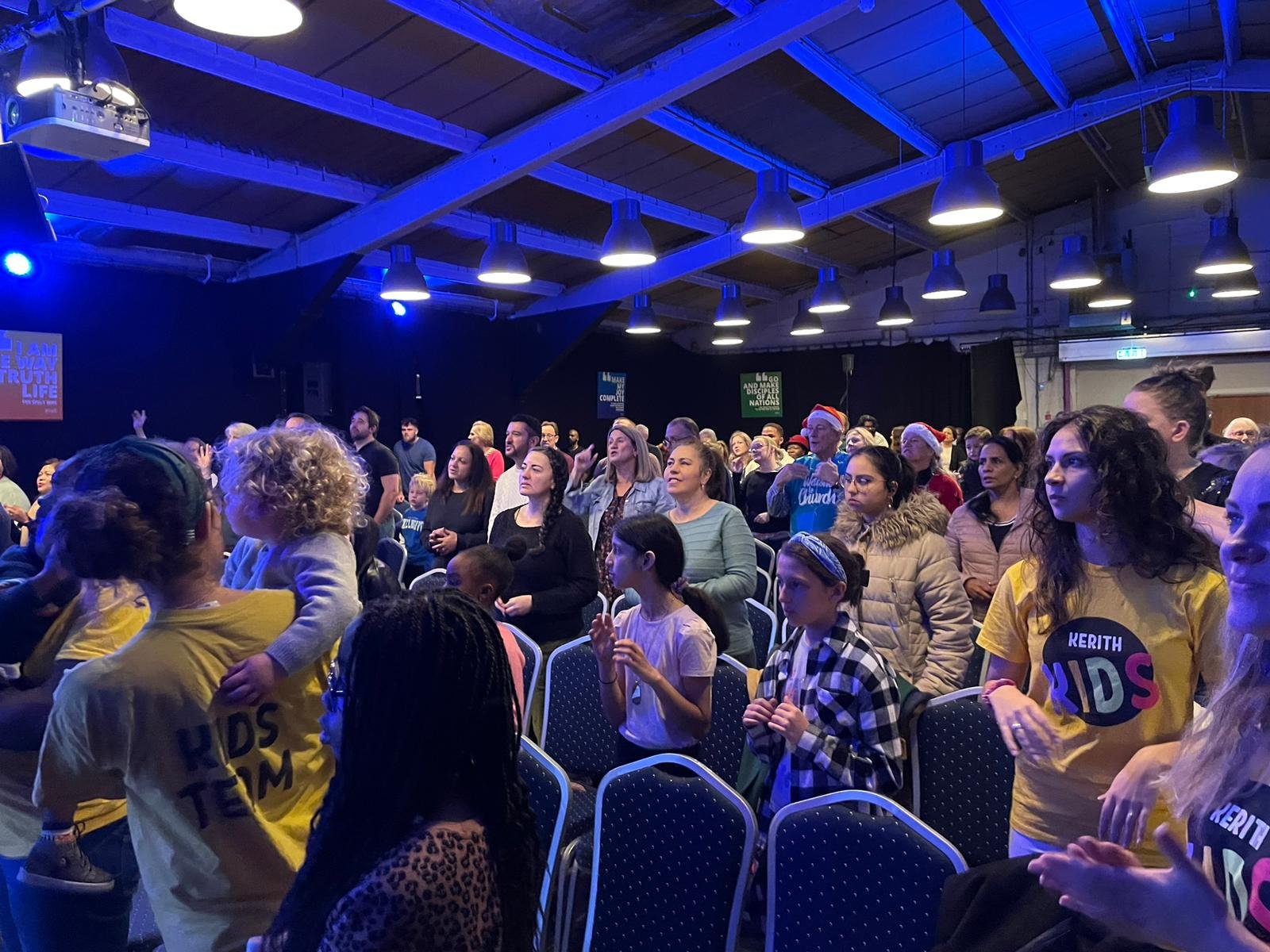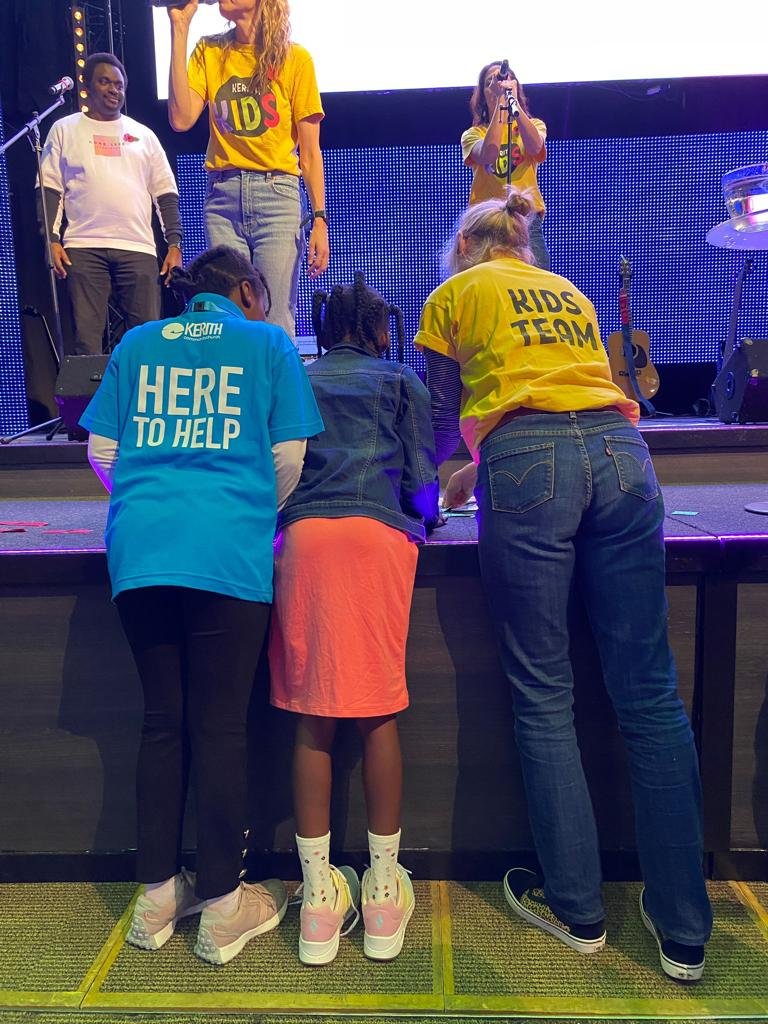Families Take-over – It takes a whole church to raise a child
You may remember a few months ago our mainland sites had a Youth Take-over Sunday. Well in November it was the kids’ turn with a Families Take-over! The vision behind this is not just a cute “show and tell” of our amazing Kerith Kids, but a Sunday where we are intentionally intergenerational! It’s far more than just having children saying prayers or doing a bible reading. Intergenerational ministry can be characterised by people across the generations sharing, learning, growing, and serving – in relationships marked by mutuality (we all benefit), reciprocity (we all give and receive) and equality (we are all valued equally).
IT’S BIBLICAL!
Intergenerational ministry is not new - First-century churches were multigenerational entities, with children present for worship, healing and prayer meetings. And it is found throughout Scripture! Deuteronomy 6:4-9 exemplifies the work of discipleship done by parents within the home. But it’s important to note that these instructions to share the commandments weren’t given solely to parents - In fact, when Moses shared these commands, he did so with the whole assembly of Israel, not just to the parents/caregivers that were present.
Similarly, Deuteronomy 4:9 reads, “Make them known to your children and your children’s children,” indicating there were multiple generations present when these commands were given.
In the New Testament, Jesus modelled this inclusion of all generations specifically children throughout his ministry.
He told his followers that welcoming a child into their midst was akin to welcoming him and the one who sent him (see Matthew 10:42; Matthew 11:25-26; Matthew 18:2-6, Matthew 18:10; Matthew 19:13-14; Matthew 21:16; Mark 10:13-16; Luke 9:46-48).
So that’s the vision and reasons why it’s important! Here’s a snapshot of what the services looked like across our mainland sites: Children were integrated into the different serving teams which make Sundays happen: host team, production, worship, preach, prayers and ministry. We wanted to involve a number of different people — representing a range of generations — in various aspects of the ministry.
The intergenerational model has a hugely positive effect and this is something that we want to expand on. Research shows that involvement in intergenerational church is linked with a stronger faith in teenage years (and Kerith is blessed to have around 25% of its congregation being under 18). Maybe we need to re-think and expand the old adage: “It takes a whole church to raise a child” and consider that “It takes the child(ren) to become the church”






